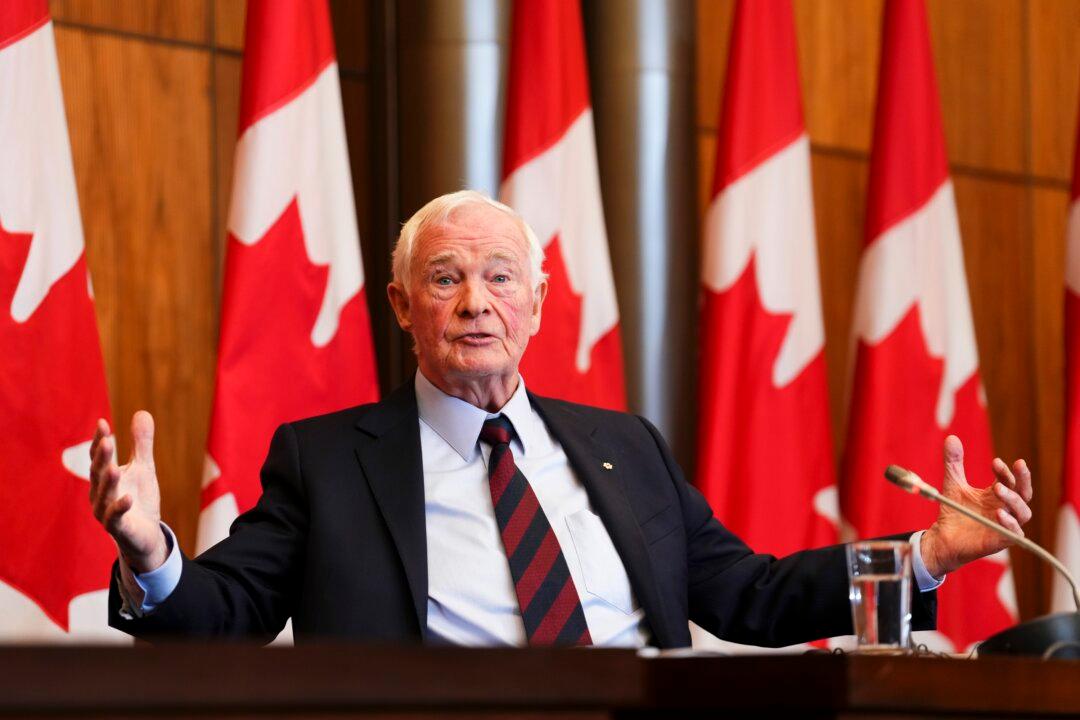David Johnston says his mandate to probe foreign interference comes from the federal government and not the House of Commons, after MPs voted in favour of a motion on May 31 to have him step down as special rapporteur.
“I deeply respect the right of the House of Commons to express its opinion about my work going forward, but my mandate comes from the government. I have a duty to pursue that work until my mandate is completed,” said the former governor general in a statement released following the vote.





